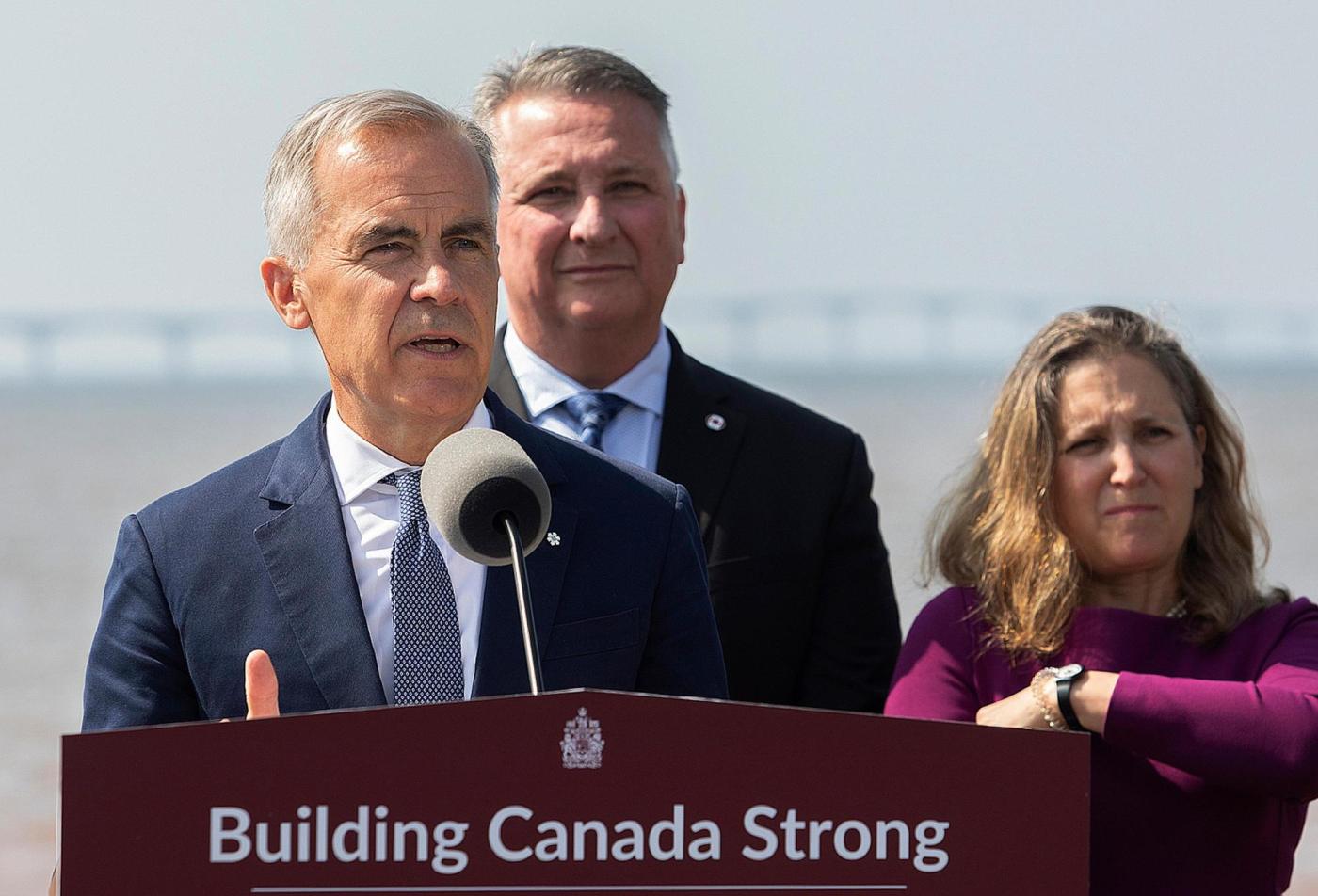A significant shift in international diplomacy is unfolding as Canada signals its intention to recognize the State of Palestine, aligning itself with recent declarations from key United States allies, the United Kingdom and France. This concerted move by three Western nations marks a notable evolution in their foreign policy approaches towards the protracted Israeli-Palestinian conflict, reflecting a growing consensus on the need for a two-state solution.
Canada’s announcement, following similar declarations from British Prime Minister Keir Starmer and French President Emmanuel Macron, underscores a potential realignment within global politics regarding one of the world’s most enduring geopolitical challenges. The timing of these individual, yet seemingly coordinated, decisions by countries traditionally aligned with the U.S. position, suggests a deepening recognition of the Palestinian people’s aspirations for self-determination and statehood.
For the United Kingdom, Prime Minister Starmer’s commitment to recognizing a Palestinian state comes amidst ongoing debates about the most viable path to peace and stability in the Middle East. This strategic pivot by a major European power carries substantial symbolic weight, potentially influencing broader European Union policy and setting a precedent for other nations contemplating similar steps in international relations.
France’s decision, articulated by President Macron, further solidifies the European front in advocating for a two-state solution. As a historically influential player in Middle East diplomacy, France’s recognition reinforces the diplomatic pressure on all parties to engage constructively towards a lasting peace agreement. The collective action of these nations highlights the increasing urgency felt across the global community to address the humanitarian and political realities on the ground.
This wave of Palestinian State recognition by Canada, the UK, and France is not merely a symbolic gesture; it is a diplomatic maneuver that could reshape future negotiations and the international standing of both Israelis and Palestinians. It signals a departure from past hesitations and an acknowledgment of the evolving political landscape, emphasizing the sovereign rights of the Palestinian people within the framework of international law.
The implications of such concerted recognition extend beyond immediate diplomatic circles. It could empower the Palestinian Authority on the international stage, potentially facilitating greater access to global institutions and resources. Concurrently, it places renewed pressure on the international community to actively pursue a framework for secure borders and mutual recognition, key components of any sustainable peace plan for the Middle East.
Observers of global politics will be watching closely to see how these developments influence the broader landscape of international relations, particularly in the context of the Israeli-Palestinian conflict. The collective intent to recognize Palestine by these significant global allies marks a pivotal moment, raising questions about future diplomatic initiatives and the potential for a more equitable and peaceful resolution.
This evolving Canada foreign policy, coupled with the stances of France and the UK, represents a significant chapter in Middle East diplomacy. The growing international support for the State of Palestine reflects a global sentiment that peace can only be achieved through the establishment of a sovereign and viable Palestinian state existing alongside Israel.






Leave a Reply